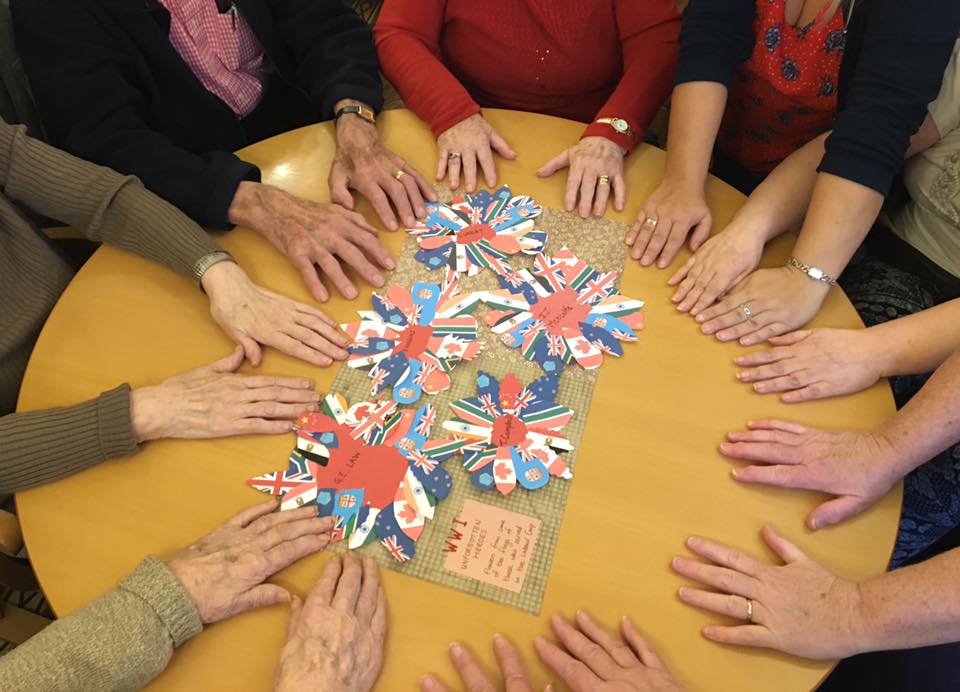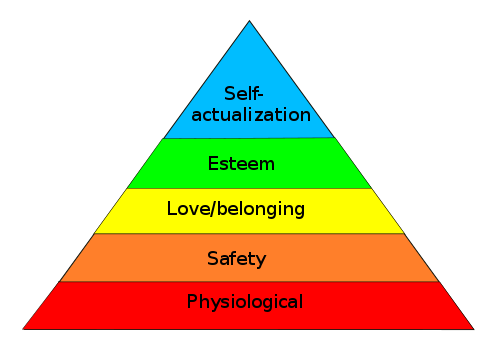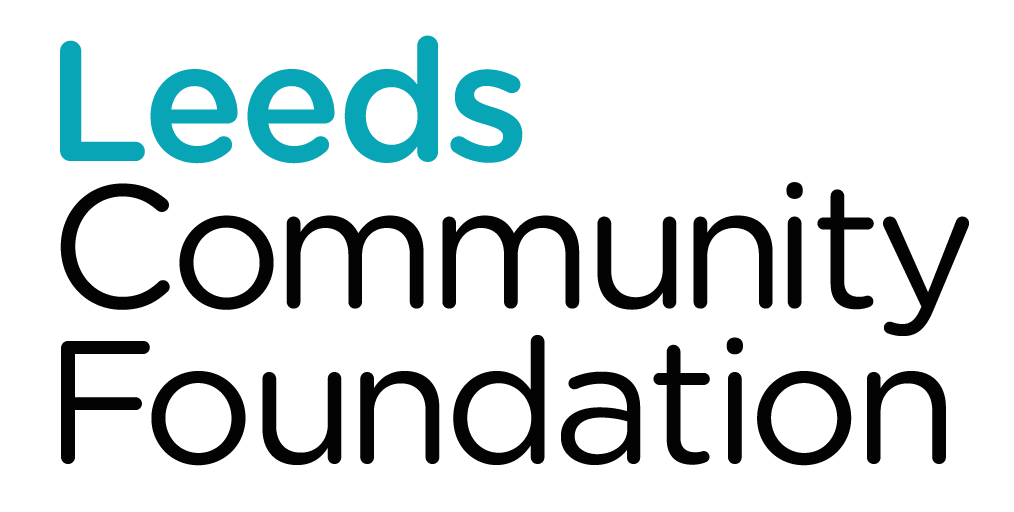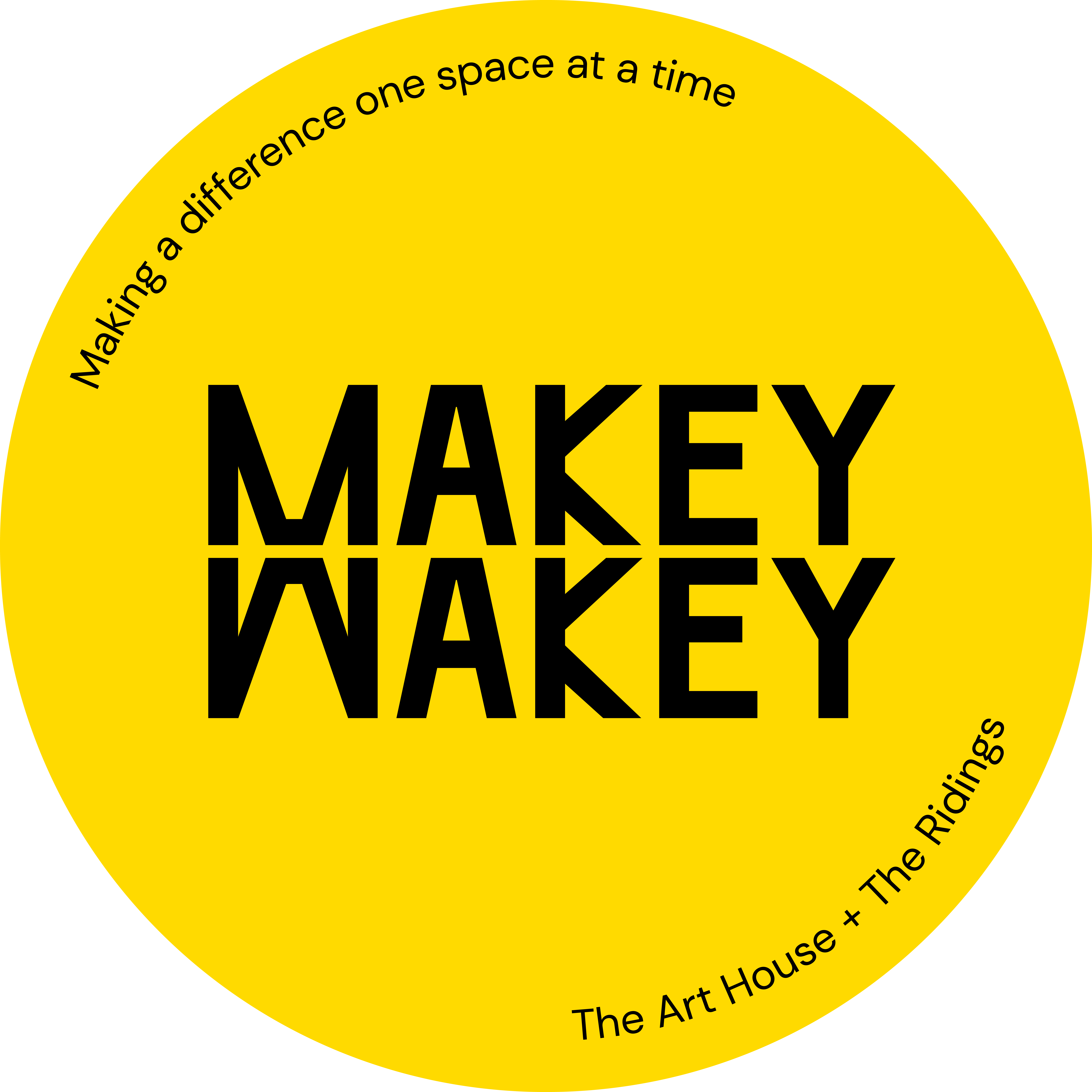Closing Down
Unfortunately, we're in the process of closing down Crafting4Good CIC after almost
9 years of social enterprise and impact.
Creativity is good for you, but running a busy creative nonprofit on increasingly limited resources is not. As a result the team were stretched, stressed and experiencing the very opposite of "creativity for wellbeing and mental health".
This website *may* stay online under a different name to preserve the legacy and resources created through years of funding with public money.
Nursing Home Activities
& Activity Coordinators
Planning nursing home activities for people with varying mental and physical needs can be very challenging. You have to be sure they are appropriate, not boring or 'dumbed down' and you're often working to a very tight budget and not much time to do everything else you need to do. We asked Bright Copper Kettles, who run a membership programme to help Activity Coordinators, what needs to be thought about when planning activities for older people, including those with dementia.
The Importance of Creativity
Any activity that promotes a sense of achievement is good for us, whatever our age.
Hosting crafting sessions is another way of drawing people together to share an activity, giving participants the opportunity to chat, learn, advise and value the skills that they (and others) have.
Creating an end-product gives added value to any activity. A photo of a social group enjoying a glass of sherry, a prize won at Bingo or a greetings card they have made themselves, or a scarf they have knitted, are all gentle reminders that can encourage participants to show and tell" later in the day, week or year.
 Using creative activities to make memory books to look back on and share - this group turned a creative World War 1 activity into scrapbook pages as well to add to their communal and personal Memory books, providing a talking point and further reminiscence activities.
Using creative activities to make memory books to look back on and share - this group turned a creative World War 1 activity into scrapbook pages as well to add to their communal and personal Memory books, providing a talking point and further reminiscence activities.Challenges of Creativity in Old Age
Assumptions are often made, without substantiating evidence, that older people are not able to do very much. It’s a pity, because we can learn so much from our elders, they can teach young people traditional crafts such as knitting or crochet. And, I’ll bet, most know more about changing a fuse in a plug than younger generations.
Equally, we need to be careful not to set people up to fail. Finding the balance is the challenge, but if we want people to experience a sense of achievement on a regular basis then we must meet this challenge. The only way we can do that is by getting to know the person(s) we are supporting, and experiencing these things together.
The Role of Activity Coordinator
The Activity Coordinator title (sometimes also called a "Lifestyle Manager") means different things to different employers. For some, it means, a person that organises activities and provides the means for others to facilitate activities.
In other work places the Activity Coordinator can expect to be responsible for working with individuals as well as both small groups and large groups of people, providing a wide variety of interests, activities and events. They may also be expected to raise funding to enable them to provide these services.
I think their biggest challenge is fitting their job role into the hours they are allocated for it, especially for those that fall in the latter category. I really don’t think many managers realise how much time is required to facilitate an interesting theme for activities and events.
There is also a lack of understanding about the true meaning of person-centred activities and many Activity Coordinators find themselves challenged about the amount of time they "spent with Mary, chatting and having a cup of tea".
The Person-Centred Approach developed from the work of the psychologist Dr. Carl Rogers (1902–1987). He advanced an approach to psychotherapy and counselling that, at the time (1940s–1960s), was considered extremely radical if not revolutionary.
Originally described as non-directive, this therapy moved away from the idea that the therapist was the expert and towards a theory that trusted the innate tendency (known as the actualising tendency) of human beings to find fulfilment of their personal potentials. An important part of this theory is that in a particular psychological environment, the fulfilment of personal potentials includes sociability, the need to be with other human beings and a desire to know and be known by other people. It also includes being open to experience, being trusting and trustworthy, being curious about the world, being creative and compassionate.
Planning Activities for Older People
Nursing home activities must be purposeful, and I find Maslow’s hierarchy of needs are good guidance.
 Maslow's Hierarchy of Needs with the most basic at the bottom. By FireflySixtySeven CC BY-SA 4.0 from Wikimedia Commons
Maslow's Hierarchy of Needs with the most basic at the bottom. By FireflySixtySeven CC BY-SA 4.0 from Wikimedia CommonsMaslow's Hierarchy of Human Needs
Applied to Nursing and Care
 The importance of creativity in nursing home activities:
The importance of creativity in nursing home activities:Creative sessions can be adapted to help meet many of these basic needs e.g. attending a craft class can provide community, opportunities to eat and drink, relationships and communication with others, experiencing happiness, thinking, learning and a sense of fulfilment.
Table: The Human Dimensions and Basic Human Needs. Wikipedia, Maslow's Hierarch of Needs under CC-BY-SA license.
Using Printable Crafts for Nursing Home Activities
Using printables such as card making kits or gift boxes benefits both older people and Activity Coordinators:
Read how one charity uses our printables for their over 60s card making classes - including distributing packs during lockdown and self-isolation: Printable Activities for Elderly People
- Printables are ideal for older people to look through and choose from, whether they do this alone or alongside the Activity Coordinator.
If a particular kit proves popular it is easy to select another which is similar or that requires similar skills. - The kits can also be printed off easily in the work place which saves the Activity Coordinator time and effort going shopping and transporting the resources to the work place.
This is particularly helpful for those that are expected to do this in their own time.
The Future of Nursing Home Activities Provision
My worries about the future of activities provision is what drove me to where I am now. There are lots of places that have addressed the needs of older people, including those with dementia, who provide well informed and enthusiastic training for activity coordinators.
Unfortunately, there are still a lot of places where the activity coordinator is just another, unnecessary expense. I believe that any provider of services for older people should employ responsible, well-trained, enthusiastic activity coordinators to cover the hours that they provide for. If they provide residential care then an activity coordinator should be able to share ideas and resources with night time carers and regular evening and weekend activities should be available too.
I can see changes ahead and, as an Activities and Lifestyle Consultant, I’m looking forward to guiding care home owners, managers and staff through the challenges of meeting new requirements.
Final Thoughts
I hope that employers will begin to realise just what is involved in providing adequate and purposeful nursing home activities and to support their activity coordinators by ensuring they have access to the right tools, resources and funding to provide the activities that their customers require.
Read more about Bright Copper Kettles membership services for Activity Coordinators









